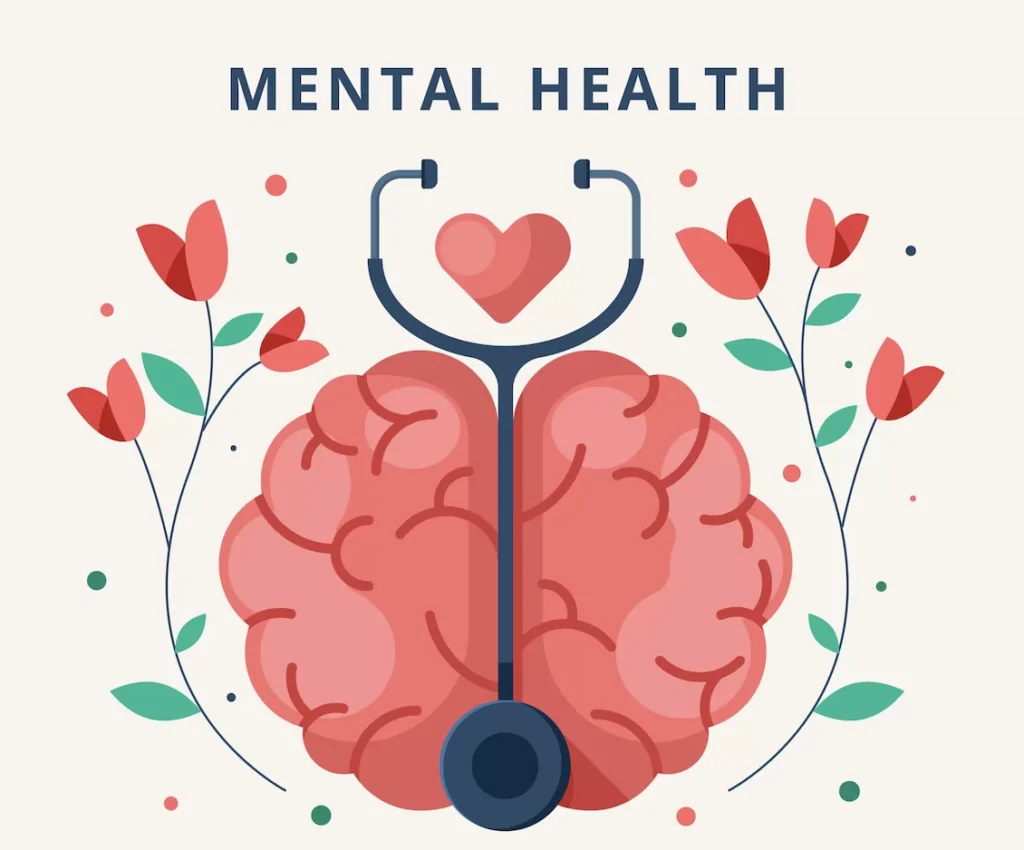Music has long been recognized as a powerful tool for emotional expression and healing. Music therapy, a clinical and evidence-based practice, harnesses the therapeutic qualities of music to address various mental health issues. This article explores the role of music therapy in mental health, detailing its benefits, applications, and the science behind its effectiveness.
Understanding Music Therapy
Music therapy involves the use of music by a trained therapist to achieve individualized goals within a therapeutic relationship. This practice can include listening to music, playing instruments, singing, songwriting, and guided imagery with music. Music therapy is used to improve mental health, emotional well-being, and overall quality of life.
Benefits of Music Therapy
Reduction of Anxiety and Stress
Music therapy can significantly reduce anxiety and stress levels. Listening to soothing music or engaging in music-making can lower cortisol levels, the hormone associated with stress, and promote relaxation.
Improvement in Mood
Engaging with music can elevate mood and increase feelings of happiness. Music therapy can help individuals process and express emotions, leading to a more positive outlook on life.
Enhanced Emotional Expression
Music provides a non-verbal outlet for expressing complex emotions. For individuals who struggle to articulate their feelings, music therapy offers a safe space to explore and communicate their inner experiences.
Increased Self-Esteem and Confidence
Learning to play an instrument or creating music can boost self-esteem and confidence. Achieving musical goals, no matter how small, fosters a sense of accomplishment and self-worth.
Improved Cognitive Function
Music therapy can enhance cognitive functions such as memory, attention, and executive function. Engaging with music stimulates different areas of the brain, promoting neuroplasticity and cognitive resilience.
Social Connection
Group music therapy sessions can foster social interaction and a sense of community. Making music with others can build connections, reduce feelings of isolation, and enhance social skills.
Applications of Music Therapy
Depression
Music therapy has been shown to alleviate symptoms of depression. It can help individuals express their feelings, increase motivation, and provide a sense of hope and joy.
Anxiety Disorders
For those with anxiety disorders, music therapy offers a calming and grounding experience. Techniques such as guided imagery with music can help individuals manage anxiety symptoms and achieve a state of relaxation.
Post-Traumatic Stress Disorder (PTSD)
Music therapy can be a valuable tool for individuals with PTSD. It can help process traumatic memories, reduce hyperarousal, and promote emotional regulation.
Schizophrenia and Psychosis
Music therapy can assist individuals with schizophrenia and other psychotic disorders in improving their emotional expression, social functioning, and overall quality of life.
Substance Abuse and Addiction
Music therapy can support recovery from substance abuse and addiction by providing a healthy outlet for emotions, reducing stress, and promoting self-awareness and self-expression.
Dementia and Alzheimer’s Disease
Music therapy can improve cognitive function, reduce agitation, and enhance the quality of life for individuals with dementia and Alzheimer’s disease. Familiar music can trigger memories and provide comfort.
The Science Behind Music Therapy
Neurological Effects
Music engages multiple areas of the brain, including those involved in emotion, memory, and motor control. Listening to and making music can stimulate the release of dopamine, a neurotransmitter associated with pleasure and reward.
Physiological Effects
Music can influence physiological processes such as heart rate, blood pressure, and respiration. Slow, calming music can induce a state of relaxation, while upbeat music can energize and motivate.
Psychological Effects
Music therapy can facilitate emotional processing and provide a sense of structure and predictability. It can also create a therapeutic environment where individuals feel safe to explore and express their emotions.
Implementing Music Therapy
Individual Sessions
In individual music therapy sessions, therapists tailor interventions to the specific needs and goals of the client. Techniques may include improvisation, songwriting, and music-assisted relaxation.
Group Sessions
Group music therapy sessions can provide social support and a sense of community. Activities may include group drumming, choir singing, and collaborative music-making.
Technology and Music Therapy
Advances in technology have expanded the possibilities for music therapy. Apps, virtual instruments, and online platforms can enhance accessibility and provide new ways for individuals to engage with music therapy.
Case Studies and Success Stories
Case Study: Reducing Anxiety in Adolescents
A study involving adolescents with anxiety disorders found that music therapy significantly reduced anxiety levels. Participants reported feeling more relaxed and better able to cope with stress after engaging in music therapy sessions.
Case Study: Enhancing Cognitive Function in Older Adults
Research on older adults with cognitive impairments mental health demonstrated that music therapy improved memory and attention. Participants showed increased engagement and improved mood during and after the sessions.
Conclusion
Music therapy is a versatile and effective approach to improving mental health. Its ability to reduce stress, enhance mood, and foster emotional expression makes it a valuable tool for individuals facing various mental health challenges. Whether used as a standalone treatment or in conjunction with other therapies, music therapy offers a unique and powerful means of healing. By tapping into the universal language of music, individuals can find comfort, connection, and hope on their journey towards mental well-being.




